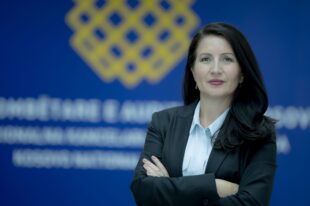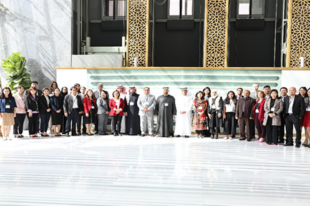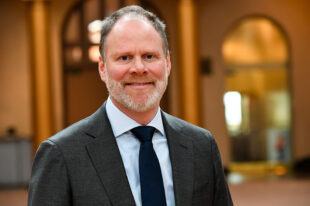Baltic State Supreme Audit Institutions Gain New Experiences Through Joint Audit
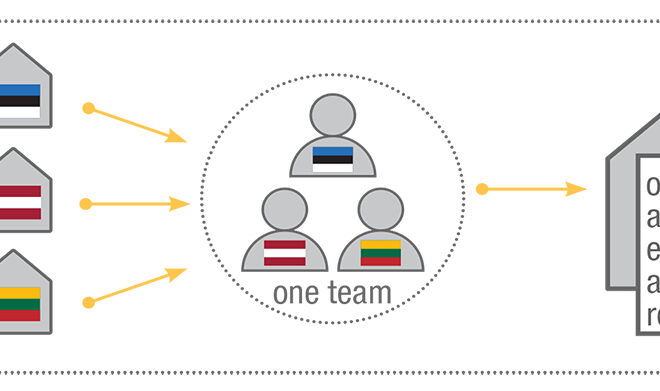
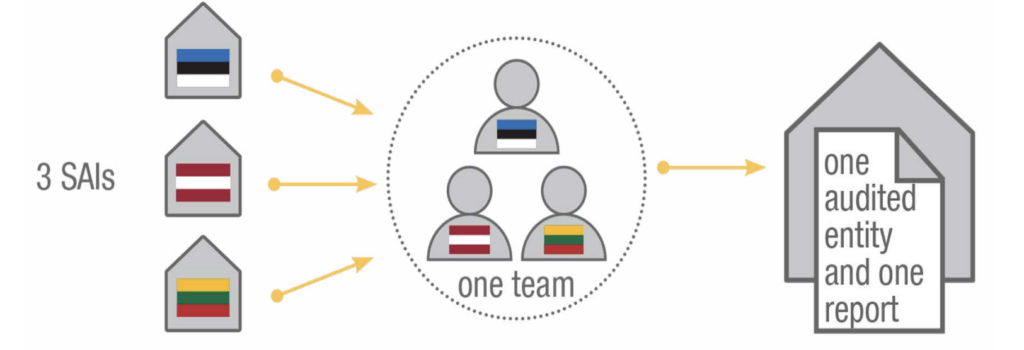
As cross-border cooperation projects evolve, Supreme Audit Institutions (SAIs) often extend beyond national boundaries in performing audit work and forge cooperative partnerships to meet specific audit needs. At the same time, joint opportunities provide platforms to enhance hands-on experience, cultivate collaboration, and enrich professional competencies in real-time and space.
For the Baltic State SAIs—Estonia, Latvia and Lithuania—such an opportunity arose when, in 2014, the governments of all three nations established the Rail Baltica joint venture—an equally-shared endeavor ratified in a 2017 intergovernmental agreement. Rail Baltica, to be delivered by 2026, is the largest railway infrastructure project in the region and aims to integrate the Baltic States with the European railway network.
In 2016, the SAIs signed a Memorandum of Understanding to monitor the development and implementation of this unique and unprecedented project. Much like the project, the joint audit was distinct in that all three SAIs formed one audit team to examine one auditee of mutual interest. Given the geographical dispersion of audit team members, technology (secure cloud storage, online communication) proved integral in providing efficient organization and communication.
The audit focused on project governance, internal control system operations, as well as long-term financial resource availability. Because the audit was based on a forward-looking approach, the audit team looked to analyze particular conditions, such as assuring an effective, economic procurement and contract management framework was established, functioning and able to address any deficiencies found during the audit.
Fieldwork began in 2018, and the audit team, consisting of at least two auditors from each SAI, examined the audit questions and criteria and agreed on main conclusions, which became the audit report’s basis. A steering committee (one representative per SAI) was instituted to decide on any significant issues arising during the audit.
Each SAI separately performed a quality control check at the audit’s end but jointly drafted the final report, which was electronically signed by all Auditors General and simultaneously published in all three Baltic States.
The joint audit led to recommendations that will improve the Rail Baltica project’s governance, operations and financial planning, and the SAIs of Estonia, Latvia, and Lithuania will continue the already established cooperation to jointly monitor audit recommendation implementation.
This opportunity—and experience—illustrates how SAIs from different nations can effectively unite to successfully audit, monitor and provide useful recommendations on a project of major regional importance.

